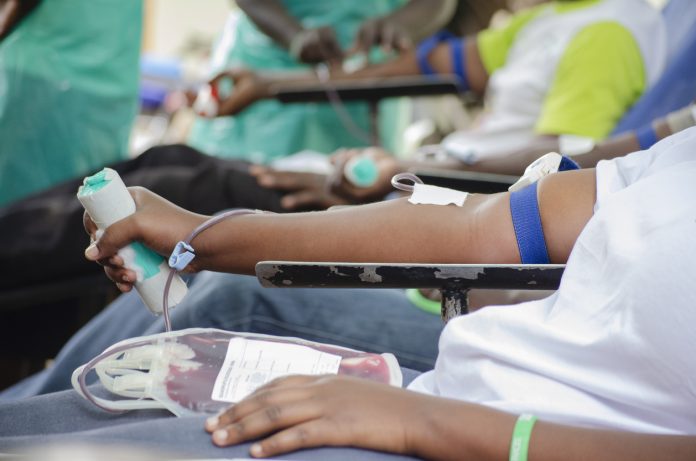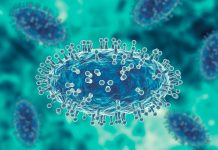Sudan Virus Disease (SVD), a deadly illness related to ebola, has become a serious public health threat in Uganda
As a new outbreak was confirmed in January 2025, the World Health Organization (WHO), and its partners have decided to act quickly to support the Ugandan government’s response, which includes facilitating access to experimental treatments and vaccines.
What is the Sudan Virus?
Sudan virus is a member of the Ebola virus family and can lead to outbreaks with a case fatality rate ranging from 41% to 100%.
Like Ebola, it is mainly transmitted through direct contact with bodily fluids from infected individuals or animals. These outbreaks in the past have been hard to control, but Uganda’s experience with SVD has given it a strong foundation for managing the disease.
The country has faced several previous outbreaks, the last of which occurred in late 2022 and continued into early 2023, with 164 cases and 77 deaths. During these outbreaks, the panel of global experts, coordinated by WHO, assessed candidate vaccines for their potential to help combat future outbreaks.
With this recent outbreak, the World Health Organization and its partners decided to help preposition vaccines and treatments in Uganda.
When the outbreak was detected, 2,160 doses of a candidate Sudan virus vaccine and treatments like monoclonal antibodies and antivirals were already available in Kampala.
This quick thinking and proactive approach was part of the preparedness efforts to ensure that the country could respond quickly should Sudan virus resurface.
Keeping the Sudan Virus under control
The vaccines and treatments being used in Uganda are a part of some clinical trials that hope to assess their safety and effectiveness in the field.
Uganda’s Ministry of Health, in partnership with Makerere University Lung Institute and the Ugandan Virus Research Institute, is leading these trials.
Research teams have already been sent to work alongside surveillance teams, collecting data and monitoring cases. This coordinated approach involves local institutions and global experts from organisations such as the International AIDS Vaccine Initiative (IAVI) and Gilead Sciences, which provided the antiviral remdesivir for use in the trials.
One of the key strategies in this outbreak response is “ring vaccination,” a targeted approach that focuses on vaccinating close contacts of confirmed cases, along with their contacts, to limit the virus’s spread. This method is similar to strategies used in previous Ebola outbreaks, where it has proven to be an effective means of controlling transmission. The goal is to provide early protection to those most at risk of contracting the virus, thus preventing further outbreaks.
The WHO and its partners are supporting Uganda’s outbreak response; this includes the identification of contacts, epidemiological investigations, and efforts to raise community awareness about the virus and preventive measures.
Public education campaigns are important in ensuring that people understand how the disease spreads and the importance of getting early treatment.
Despite the availability of supportive treatments, there is still no approved vaccine or specific treatment for the Sudan virus. The experimental vaccine being tested could offer long-term protection for at-risk populations.
However, until the vaccine is proven safe and effective, rapid response measures remain essential to controlling the outbreak, including contact tracing, isolation of suspected cases, and public health campaigns.
WHO has allocated $1 million from its Contingency Fund for Emergencies to assist Uganda in fast-tracking its outbreak control efforts. This financial support will strengthen local health systems and enhance surveillance activities.
SVD can be controlled without vaccines; using an effective vaccine could significantly speed up the process and reduce the number of lives lost.








